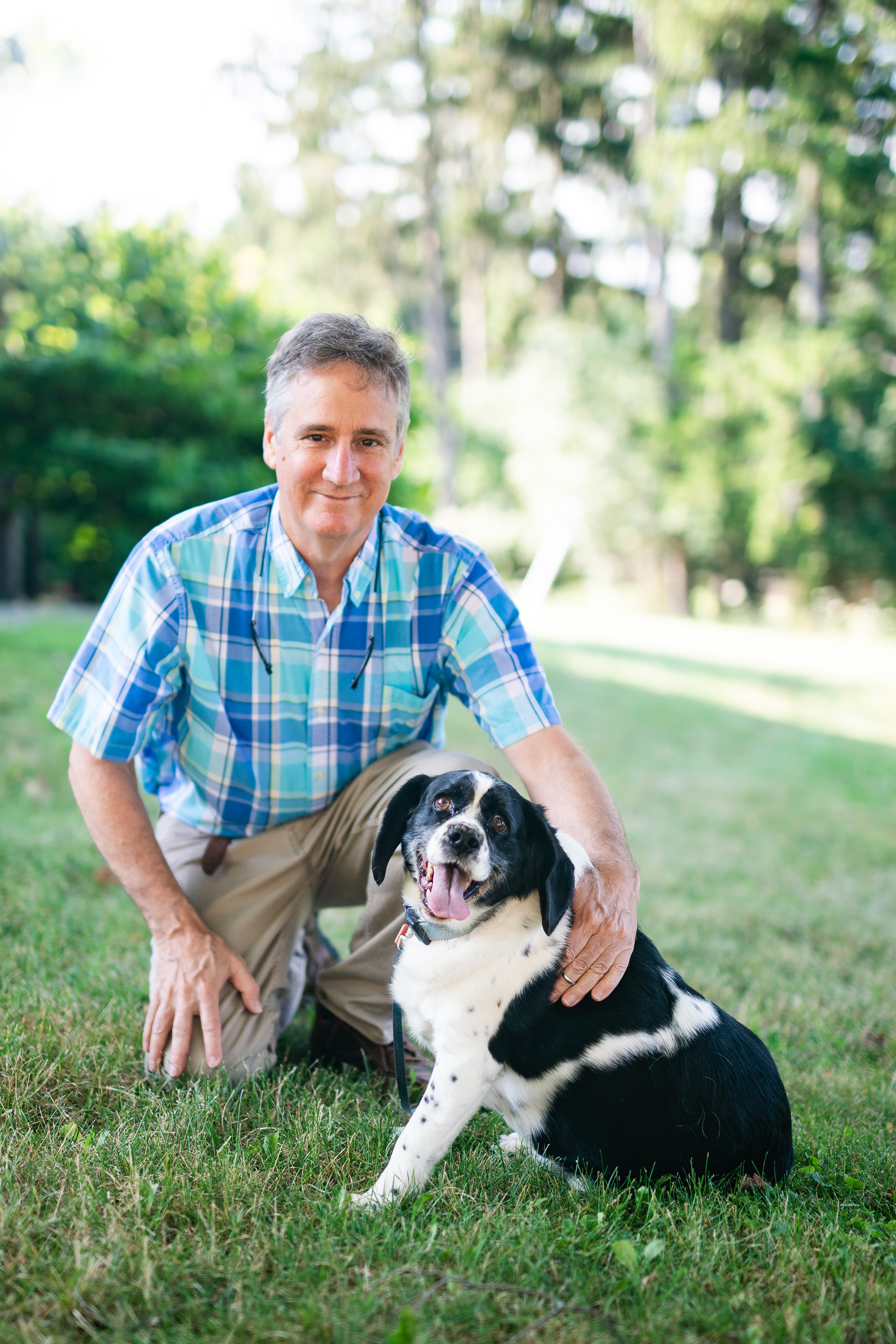Scott Coonrod, PhD

Baker Institute for Animal Health
Department of Biomedical Sciences
Judy Wilpon Professor of Cancer Biology
Baker Institute for Animal Health
Office: 607.256.5649
Fax: 607.256.5608
Email: sac269@cornell.edu
Dr. Coonrod's Work
Searching for simpler and targeted treatments for common cancers
Dr. Scott Coonrod focuses his research attention on cancer, the out-of-control growth of cells that claims millions of animal and human lives every year.
-
Finding smarter treatments for a canine cancer. In a dog-focused collaboration with Dr. Charles Danko, Dr. Gerlinde Van de Walle, and Dr. Roy Cohen, Coonrod’s laboratory is working to find targeted treatments for hemangiosarcoma, a common and often untreatable form of cancer in dogs. Using new sequencing technologies developed in Danko’s laboratory and mouse cancer models, Coonrod’s team is identifying the genes that make these tumors tick, then they aim to test drugs specifically intended to target the pathways that those genes control.
-
Outsmarting cancer drug resistance. The drug tamoxifen is often given to women following treatment for breast cancer to prevent the cancer from coming back, but breast cancer cells often become resistant to the drug. In another collaboration with the Danko laboratory, Coonrod is identifying the genes that make tamoxifen resistance possible in order to 1) stop those genes from making the switch to resistance, and 2) help identify cancer patients most at risk of tamoxifen resistance so that they can receive more effective alternative therapies.
- Treatments for mammary cancer. In ongoing work, Coonrod and his team are testing a new therapy for treating mammary cancer in animals and humans alike. The early results are promising and the drug may be headed to clinical trials in dogs soon.
Coonrod’s work has the potential to uncover some powerful new ways for treating breast cancer – and preventing its return. Breast cancer survivors today who are at high risk for recurrence are administered the drug tamoxifen for years following their diagnosis and treatment, but most women become resistant to this adjuvant therapy within five years. PAD2 inhibitors could represent a potent new therapy for these women who are no longer responsive to tamoxifen therapy. Given that most cases of mammary cancer in canines are estrogen receptor positive, Dr. Coonrod hopes that, once developed, PAD2 inhibitors will also represent a new therapeutic option for canine mammary cancer.



